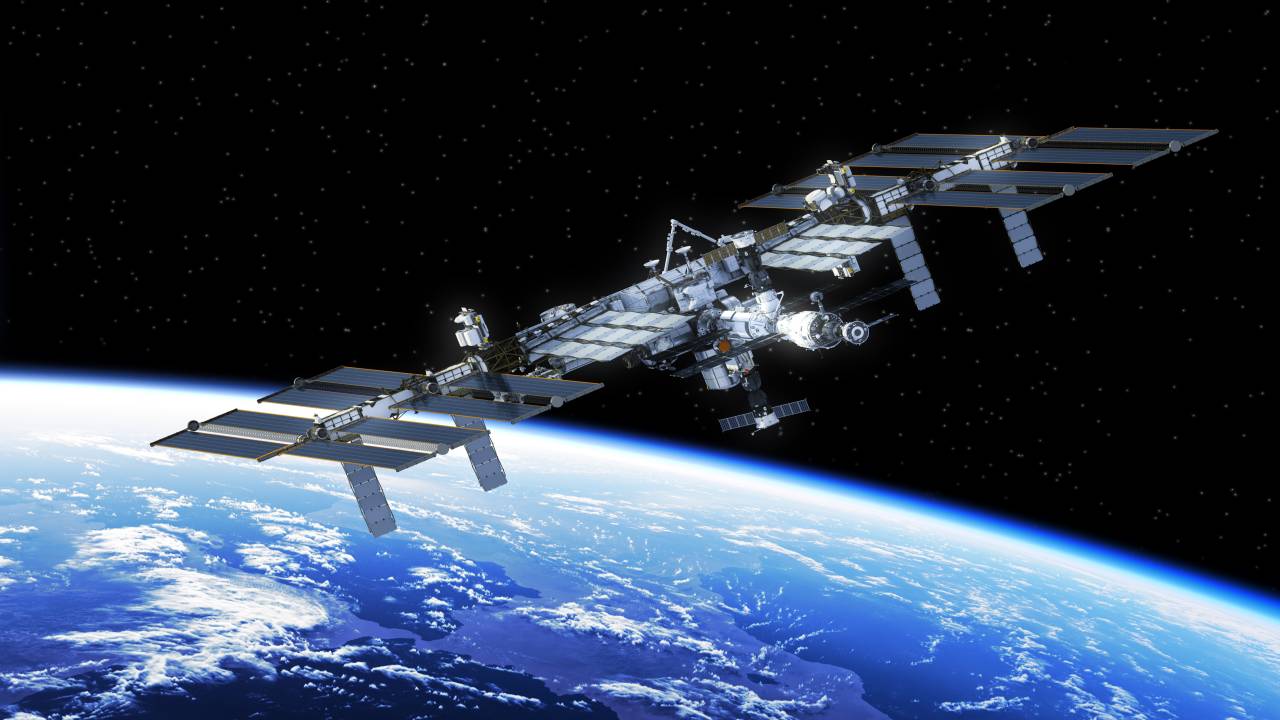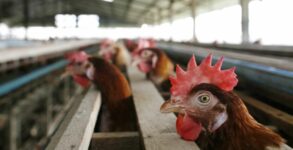Researchers from the United States and India working with NASA have now discovered four strains of bacteria living in different places in the International Space Station – three of which were, until now, completely unknown to science.
Three of the four strains were isolated back in 2015 and 2016 – one was found on an overhead panel of the ISS research stations, the second was found in the Cupola, the third was found on the surface of the dining table; the fourth was found in an old HEPA filter returned to Earth in 2011.
Results and Discussion
This study reports the isolation and identification of four strains belonging to the family Methylobacteriaceae, collected from different locations on the ISS. Three of the strains, referred to as IF7SW-B2T, IIF1SW-B5, and IIF4SW-B5, were identified based on the traditional and genomic taxonomic approaches. The fourth strain, which was isolated from a HEPA filter and referred to as I1-R3, was identified based on genomic analyses only.
The team, lead by University of Southern California geneticist Swati Bijlani, has proposed calling the new species Methylobacterium ajmalii after Ajmal Khan, a renowned Indian biodiversity scientist. This new find is also closely related to an already known species called M. indicum.
“To grow plants in extreme places where resources are minimal, isolation of novel microbes that help to promote plant growth under stressful conditions is essential,” two of the team, Kasthuri Venkateswaran and Nitin Kumar Singh from NASA’s JPL, explained in a press statement.
Considering we already know that these microbes can survive the harsh conditions of the ISS, the team put the four strains through genetic analysis to look for genes that could be used to help promote plant growth.
“The whole genome sequence assembly of these three ISS strains reported here will enable the comparative genomic characterization of ISS isolates with Earth counterparts in future studies,” the team writes in their study.
“This will further aid in the identification of genetic determinants that might potentially be responsible for promoting plant growth under microgravity conditions and contribute to the development of self-sustainable plant crops for long-term space missions in future.”
The research has been published in Frontiers in Microbiology.


















